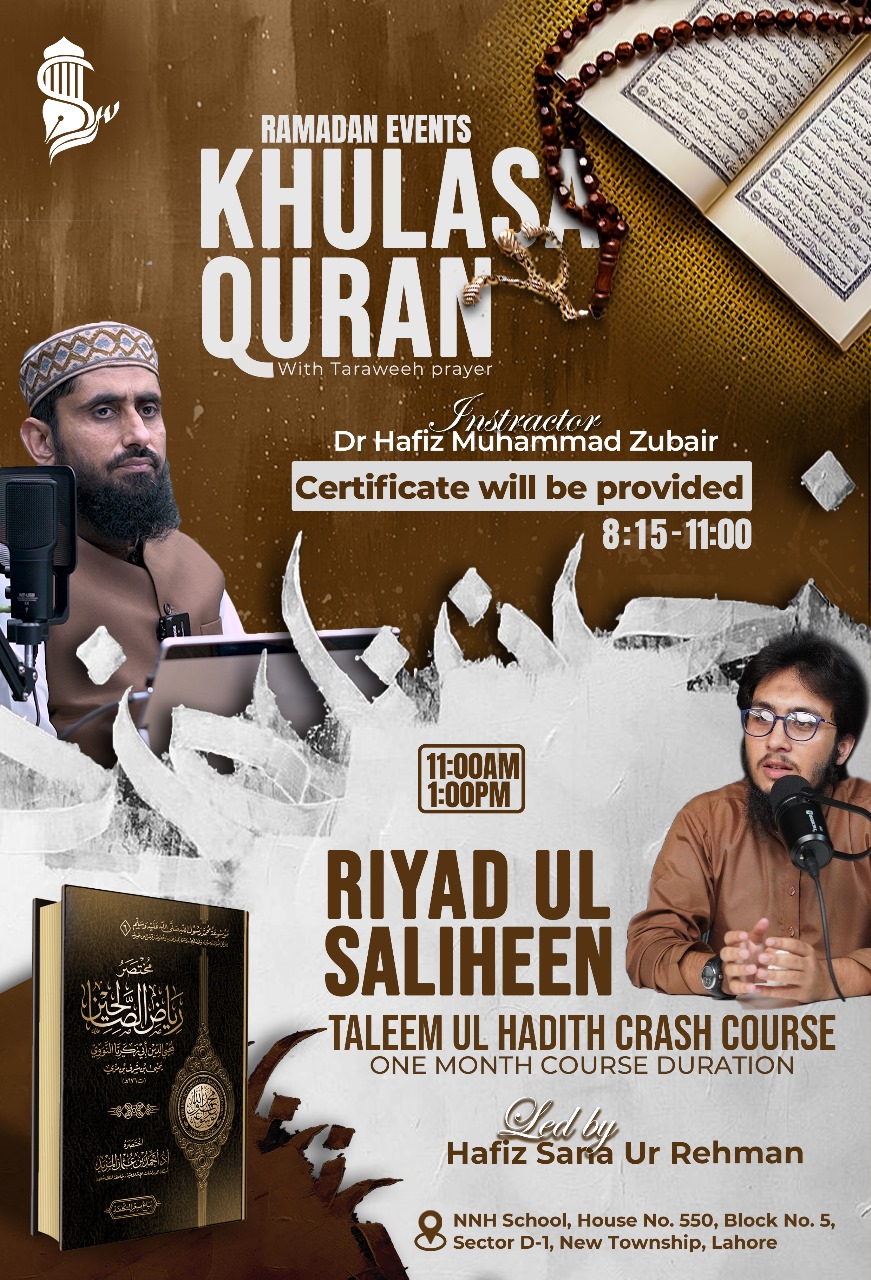Just like the Industrial Revolution of 17th century and the 20th century development had its global effect on world's social, economic and political paradigms, which was further supplemented by rapid growth in the technology, the religious world could also not remain unaffected. As a result, today, the religious world is exposed to such peculiar questions that it never encountered before. For example, due to industrial developments and economic changes, numerous innovative methods and forms of trade and business were introduced, and it was extremely important for the religion to be able to cope and give its opinion or to provide an alternative in case if it did not agree on certain forms. Similarly, the political revolution introduced new ideas such as democracy, elections, parliament, constitution, law and much more. This further extended to the social issues such as the parameters that one is to restrain himself to when interacting with the opposite gender, and other similar matters like free mixing between the genders, etcetera. Moreover, technological advancements raised several questions about the Shari rulings of the use of certain scientific or medical inventions. Henceforth, right from the beginning of 20th century, several movements for ljtihad began to operate.
As a result of the rapid change in the global culture and civilzation, scholars guided people in millions of newly raised issues which constituted thousands of volumes of Fatawa (legal opinions) being compiled and published. This further brought forth bodies of academics to perform this process of Ijtihad in the more systematic and organized way, which laid the foundations of institutions of Collective Ijtihad. This research study explores the main motives and causes of the movement of Collective Ijtihad in the 20th century.
As a result of the rapid change in the global culture and civilzation, scholars guided people in millions of newly raised issues which constituted thousands of volumes of Fatawa (legal opinions) being compiled and published. This further brought forth bodies of academics to perform this process of Ijtihad in the more systematic and organized way, which laid the foundations of institutions of Collective Ijtihad. This research study explores the main motives and causes of the movement of Collective Ijtihad in the 20th century.
